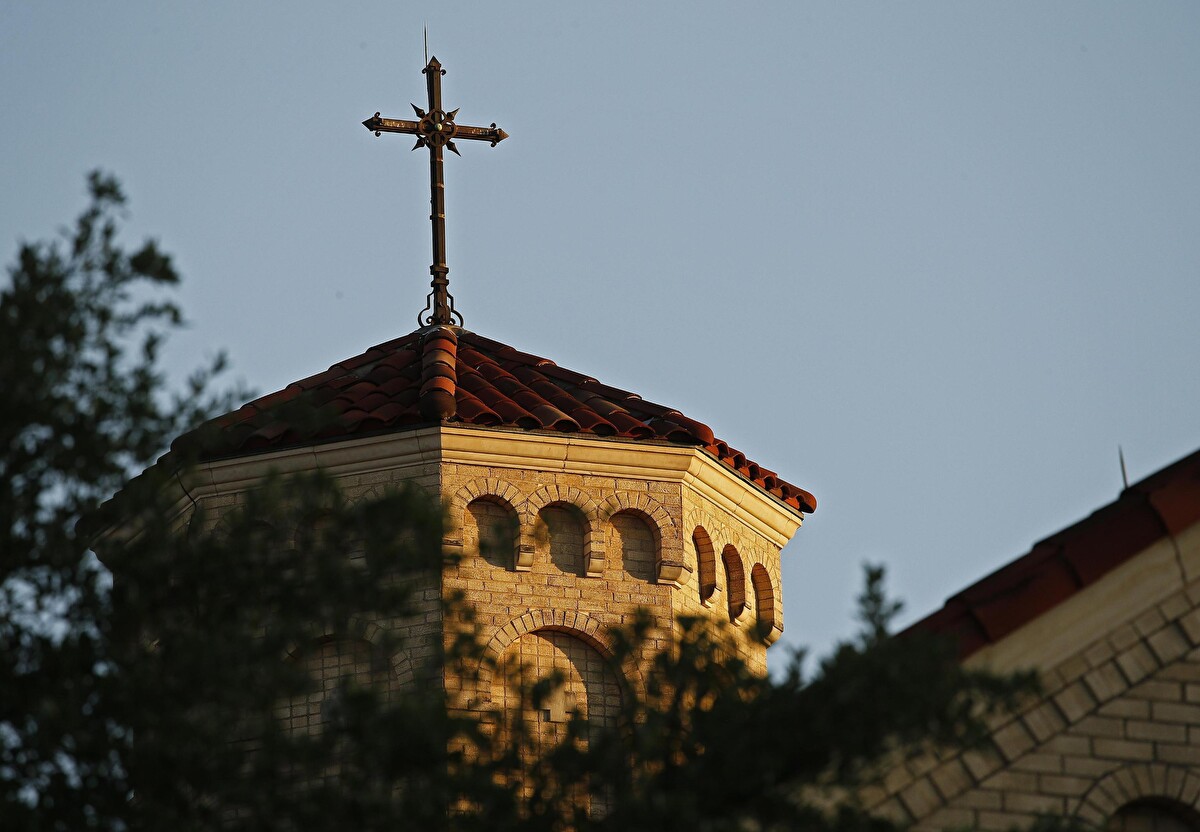Neil Makhija, the chairman of the Montgomery County Board of Elections in Pennsylvania, never expected his routine monthly meetings to become battlegrounds for debunked voting conspiracy theories. Regular attendees often brought up old rumors, but everything changed on April 4 when Elon Musk retweeted a baseless claim alleging that up to two million noncitizens had been registered to vote in Texas, Arizona, and Pennsylvania.
This single tweet marked a turning point. Suddenly, the same group of individuals attended meetings armed with a new narrative that seemed to echo Musk’s unfounded allegations. They were convinced that large numbers of noncitizens were illegally casting ballots in their suburban Philadelphia county, which boasts nearly a million residents. For Makhija, a Democrat serving on both the board of elections and the county board of commissioners, this incident underscored the profound impact Musk, the South Africa-born billionaire behind Tesla and SpaceX, has on public discourse. Since acquiring Twitter—rebranded as X two years ago–Musk has transformed the platform into a hotbed for misinformation, particularly concerning elections.
“You have one of the richest men in the world putting out this idea that the elections are fraudulent and the results are questionable,” Makhija told The Washington Post. “X has obviously become a platform for misinformation and disinformation. Because we know it’s not true.”
Musk’s influence extends beyond political realms into technology and investment sectors, where his reputation as a visionary entrepreneur grants him significant credibility. This unique position makes his dissemination of false information particularly dangerous. By spreading unverified claims to his 197 million followers and relaxing the platform’s safeguards against misinformation, Musk has amplified election-related rumors that burden election officials nationwide.
Since Musk took over Twitter/X, he has implemented substantial staff cuts in departments responsible for maintaining content standards, aligned with major conservative figures, and reoriented the platform to prioritize his own account’s reach. This shift has led to the reinstatement of previously banned accounts, including that of former President Donald Trump, and a general promise to foster a less restrictive environment for speech. While Musk has identified as a libertarian, his recent actions seemingly reveal a stronger alignment with conservative causes. Notably, after an assassination attempt on Trump in July, Musk endorsed Trump for the 2024 presidential election and facilitated a live-streamed conversation between them. Trump has even suggested that, if elected, he would place Musk in charge of a government efficiency commission.

Interviews with over two dozen election officials and experts indicate a clear correlation between Musk’s false claims and a surge in baseless demands to purge voter rolls. Although proving causation is challenging, the timing and volume of these requests align closely with Musk’s misinformation campaigns. His posts often coincide with increased harassment and violent threats against election administrators, heightening their concerns and operational challenges.
Similarly, Musk’s persistent unfounded allegations about voter fraud contribute to an environment where election integrity is questioned without evidence. For instance, Musk falsely claimed that electronic voting machines are unreliable and advocated for a return to hand-counting ballots, further undermining public trust in the electoral process.
Between November 2022, when Musk acquired Twitter, and early 2024, his 52 posts or reposts regarding noncitizen voting amassed nearly 700 million views. A separate analysis by the Center for Countering Digital Hate found that 50 of Musk’s false or misleading election claims between January and July were debunked by independent fact-checkers, yet collectively garnered almost 1.2 billion views. These posts lacked community notes—user-generated fact checks Musk had promised would counter false information—allowing the misinformation to spread unchecked.
Election officials like Michigan’s Secretary of State Jocelyn Benson have observed a direct link between Musk’s inaccurate tweets and an increase in harassment towards local and state election administrators. “Every time he has put something out falsely questioning the integrity of our elections, there is a dramatic uptick in threats and vitriol made to us on social media,” Benson explained. Similarly, in Arizona, Maricopa County recorder Stephen Richer noted a surge in requests to remove noncitizens from voter rolls following Musk’s misleading posts, though he emphasized that Musk’s vast reach makes him a unique and formidable source of misinformation.
Despite efforts by election officials to counteract these false claims with accurate information, the sheer volume and reach of Musk’s posts make it difficult to contain the spread of misinformation. As Sophia Rosenfeld, a history professor at the University of Pennsylvania, warns, “The great risk in a privatized public sphere is that the owner, in this case, Musk, can control both the flow of information and the content of that information to suit their own needs, whether financial, ideological, or both.”












